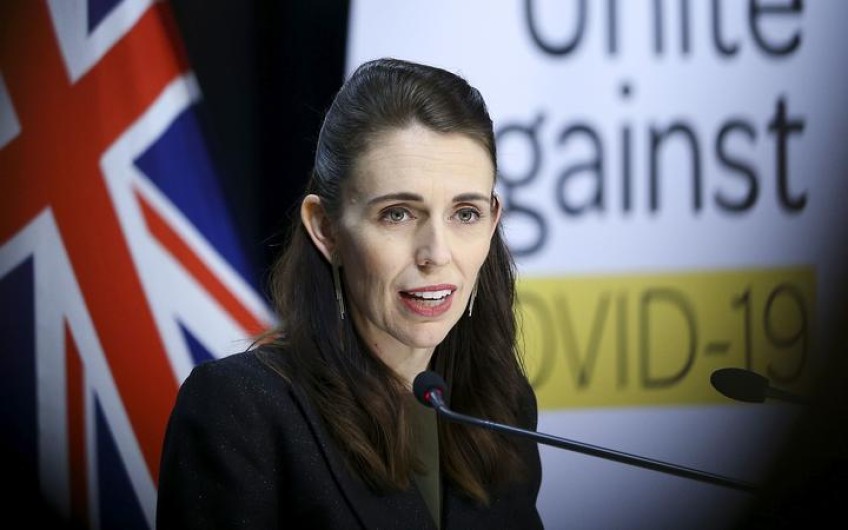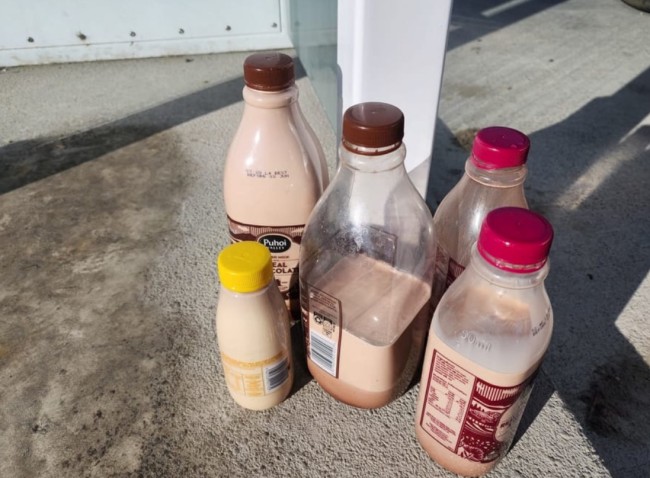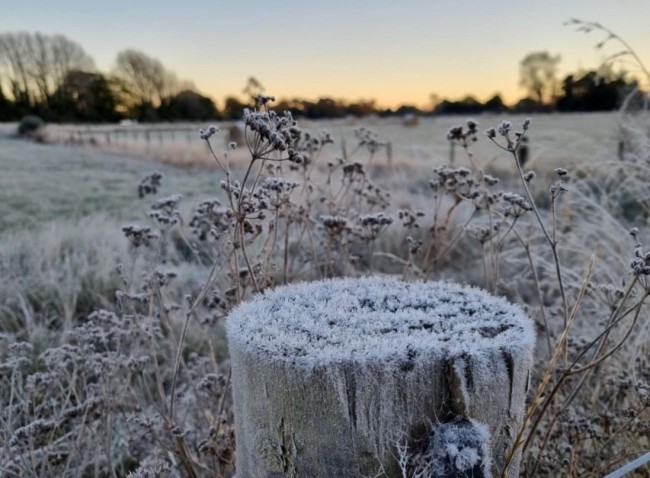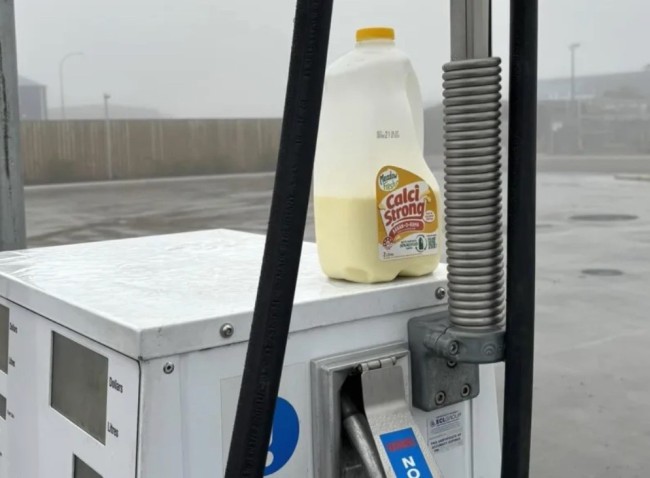
Level 1 possible by June 10 - PM
Courses and training in construction, agriculture and community work will be free for the next two-and-a-half years, Prime Minister Jacinda Ardern and Education Minister Chris Hipkins have announced.
Ardern also confirmed the Cabinet would next Monday consider the move to alert level 1, and she would provide details on what that would look like this week.
Ardern and Chris Hipkins revealed the free trades training package in a post-Cabinet briefing this afternoon.
Hipkins said the industries would be among those covered by the $320 million targeted training fund created by last month's government Budget.
Hipkins said from 1 July all apprenticeships would be free, and the government would also cover the costs of courses and training in particular industries.
They included the primary industries including agriculture, horticulture and viticulture, fisheries, aquaculture and forestry; construction, including building, plumbing, and civil engineering; community support, including youth work, care for elderly, counselling and community health, including mental health and addiction support; manufacturing and mechanical engineering and technology; electrical engineering; and road transport.
Hipkins said the scheme focused on courses likely to lead to employment.
"We know as a result of Covid-19, many New Zealanders will be looking to retrain and employers in key sectors will need more skilled people," Hipkins said.
"Every course is different and the cost for learners at tertiary providers, industry trainees and apprentices vary but in many cases they will save between $2500 and $6500 per year."
Hipkins said apprentices and students already in training would be eligible for a partial refund if their training extended beyond 1 July.
Ardern started the briefing by highlighting the 11th day in a row of no new cases of Covid-19 recorded in New Zealand.
Ardern told RNZ's Morning Report today that Cabinet would consider on 8 June whether to move to alert level 1, two weeks earlier than previously indicated.
Cabinet had been expecting to consider the alert levels by 22 June and no later, but Ardern told Morning Report that based on the continued low number of cases, they could now deliberate on that earlier.
She said the country would be given a period of time to transition, but it was possible that New Zealand could be at alert level 1 by 10 June.
She reiterated that decision at this afternoon's briefing.
"We are ahead of schedule. Previous advice and modelling had assumed a more persistent and potentially longer tail of cases which, under our significantly more open settings at level 2 - especially with the larger gathering sizes we have in New Zealand compared to other countries - posed a real risk of further spread, hence our caution to date.
"Many other countries have experienced spikes in cases when lockdown restrictions have been eased, and that's what we've been keeping a close eye on in level 2. So far that tail or spike has not eventuated, and there's increasing optimism that we will not see any cases within the transmission cycle since moving to level 2."
Ardern said the strategy of going hard and early had paid off, in some cases beyond expectations and predictions.
"Therefore because of our team of five million's extra commitment to beating Covid that means we have the enviable situation of having choices, and we could well be in the situation to able to move to alert level 1 even earlier than we expected."
She also said she would provide more information on what level 1 would look like later this week.
"In short the last remaining restrictions on physical distancing and restrictions on mass gatherings are removed, though we will need to maintain strict border controls to prevent any new infections from arriving from overseas."
Read more about the Covid-19 coronavirus:
Covid-19 symptoms: What they are and how they make you feel Touching your Face: Why do we do it and how to stop Scientific hand-washing advice to avoid infection Your Covid-19 questions answered - from health and employment to managing anxiety A timeline: How the coronavirus started, spread and stalled life in New Zealand Coronavirus: A glossary of terms Podcast: After the Virus

























